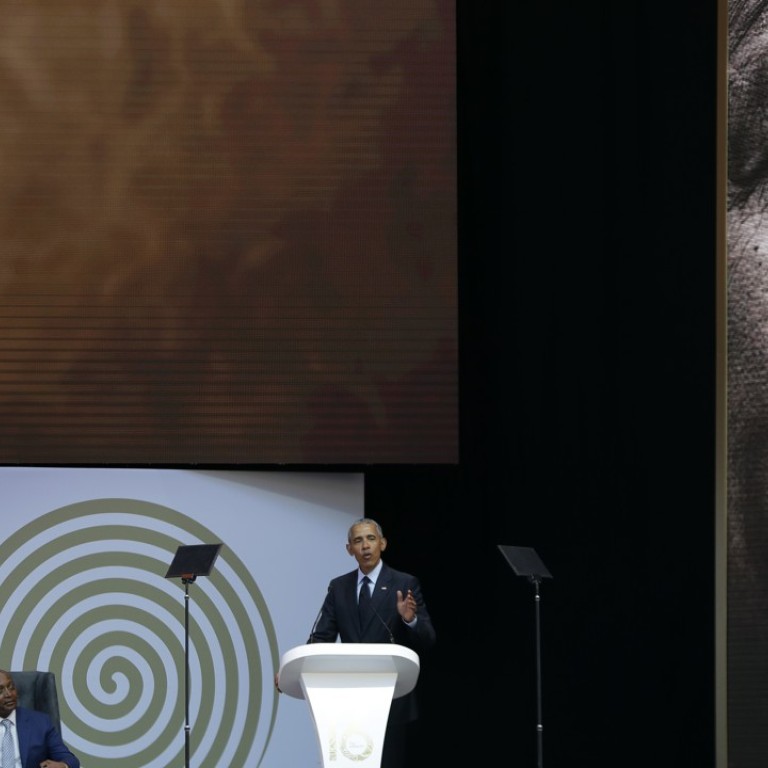Advertisement
Advertisement

Nelson Mandela’s prison letters show why he will remain a moral beacon
The slow gestation of a moral hero is manifest in The Prison Letters of Nelson Mandela, recently released for his birth centenary and five years after his death, which Keith B. Richburg doesn’t mention in his excellent appraisal of Madiba’s influence in Asia (“Mandela’s legacy lives strong in Asia, but can we say the same for its leaders?”, 21 July).
It’s no surprise that Mandela’s moral courage remains a beacon for humanity, despite being a prescient threat for authoritarian leaders who fear his exemplary legacy: a great man who “belongs to the ages”.
The Prison Letters of Nelson Mandela brought back sad recollections of the South African leader’s long tenure in prison. The compendium of his spied upon and censored correspondence alludes to the monumental sacrifices of nearly 30 years behind bars, most of it in that small cell on Robben Island, notably being refused permission to attend his own mother’s and then eldest son’s funerals.
Nelson Mandela: A long walk to freedom
The familiar image of a larger-than-life Mandela striding forth with gentle determination towards the mountains with his arm raised in triumph on his release does overcome a mountain of intolerance in the end. The letters attest to a deprivation and vulnerability that is all too human, of one left forcibly bereft of the companionship of kin and kindred.
Joseph Ting, Brisbane

Post
